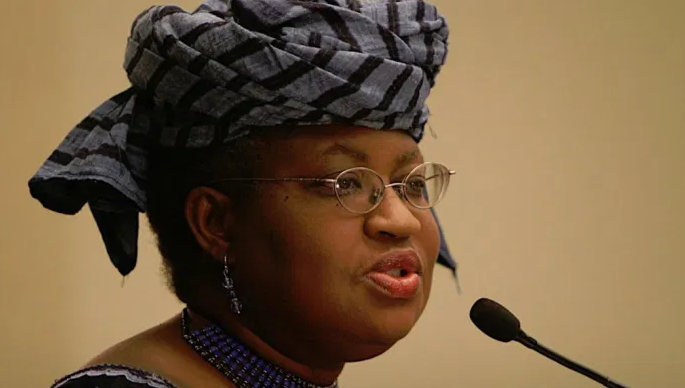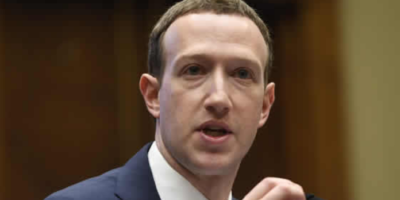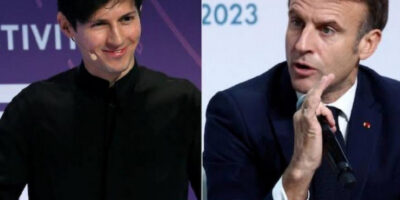Okonjo-Iweala Cautions Nigeria, Others Against Bilateral Trade Agreements

The Director-General of the World Trade Organisation (WTO), Dr. Ngozi Okonjo-Iweala, has urged Nigeria to guard against entering into unfavourable bilateral trade agreements with rich countries.
She advised Nigeria and other African countries to embrace multilateral trade agreements through the WTO instead of entering into agreements that might put them at a disadvantaged position in global trade.
Okonjo-Iweala, during the Forbes Leading Women Summit 2021 edition tagged “One-on-One with Ngozi Okonjo-Iweala,” held virtually on Tuesday as part of activities to mark the 2021 International Women’s Day, said:
The WTO is important because it provides a forum for multilateral trade. So, what else has Nigeria got to do, and African countries have to do so that we do not enter into a lot of bilateral trade relationships with rich countries where we will be at a disadvantage? We must bring them to the multilateral negotiation table at the WTO, Nigeria included.
Besides, she called on Nigeria, and Africa in general, to look inward and be keen to use all available tools to increase their productions and sell in order to attain sustainable development and improve Africa’s share of global trade that is currently hovering between two and three per cent.
She added:
If you want to trade more and be part of the global system, you need to step back and look internally at what you can produce. To trade more, you have to produce more. For Nigeria, I think we need to look at the diversification of our products. As you can see, many countries are moving away from fossil fuels because they have high carbon emissions and turning to renewable. So, we have to think ahead in Nigeria about what does this means?
She stated that the WTO would develop rules to strengthen the Micro, Small and Medium Enterprises (MSMEs) and integrate them into regional and global value chains as a way of bringing in marginalised population.
First, let me look at it from the perspective of trying to bring in marginalised population. There is a lot we are doing to look at the MSMEs and the rules of trade that could help bring those enterprises into regional and global value chains where they can participate in global trade. So, we are looking at how we can make rules that are supportive of MSMEs for trade. And how we can also work with governments and other organisations to get investments into the MSMEs companies because most of them felt the liquidity crunch that is always a problem to women in trade,
Okonjo-Iweala said.
She, however, urged governments to empower women with educational, financial and legal supports and develop policies that could identify and fill the gaps in supporting women empowerment.
But above all, we have to make sure that women are given a chance in the cabinets and in the private sector as CEOs,
she said, adding that women must be prepared to deal with gender stereotypes without being distracted.
She explained that she suffered gender stereotype recently when a Swedish newspaper greeted her appointment at the WTO with a headline that screamed:
66-year-old Grandma Takes over the Leadership of the WTO.

Justin Nwosu is the founder and publisher of Flavision. His core interest is in writing unbiased news about Nigeria in particular and Africa in general. He’s a strong adherent of investigative journalism, with a bent on exposing corruption, abuse of power and societal ills.













